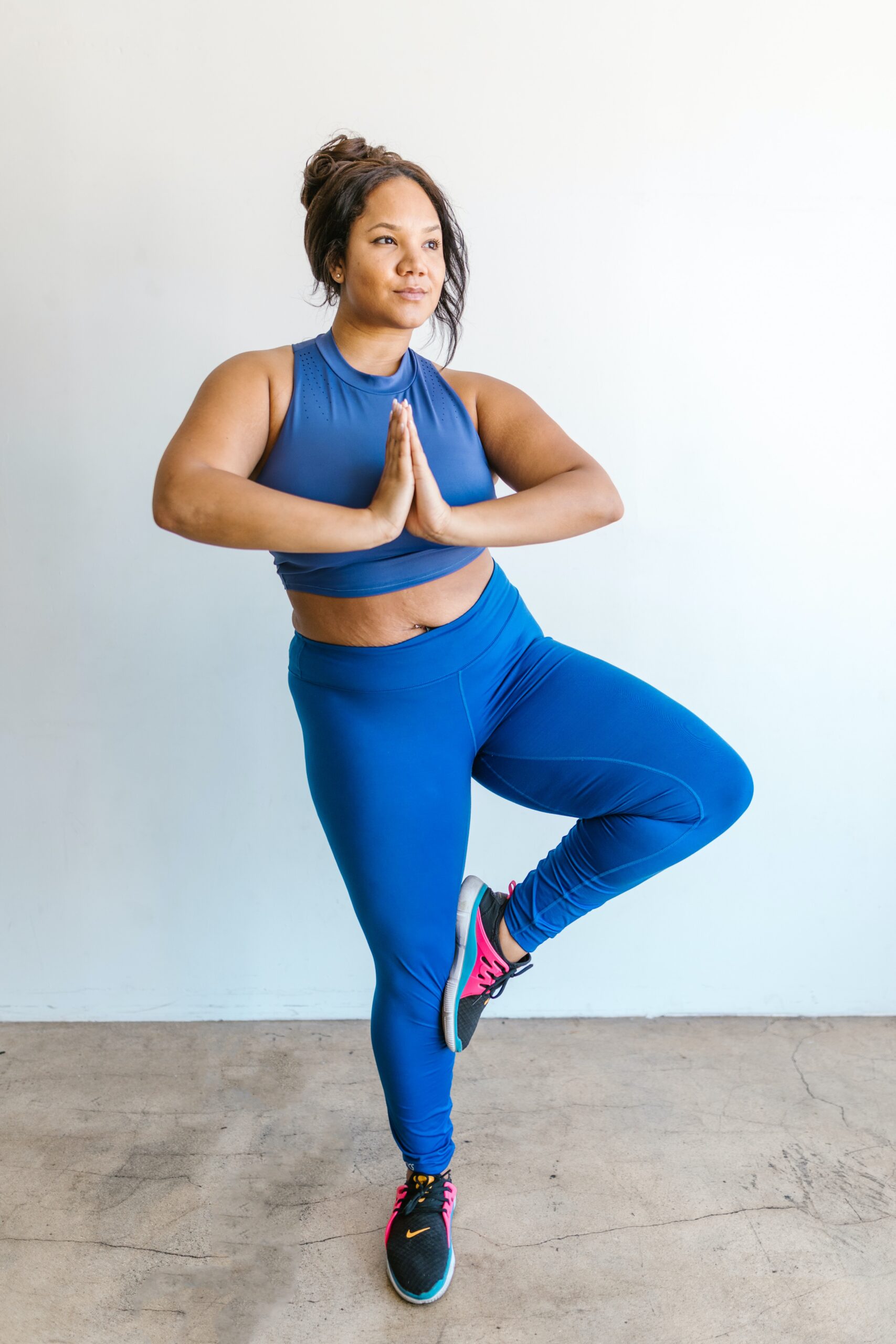
Fitness
Develop a Fitness Routine
When it comes to managing unstable moods, exercising is one of the more consistent and reliable way to improve the symptoms.
Regular physical activity helps to release endorphins, which can elevate your mood and reduce stress levels. The best part is that you have the freedom to choose what type of exercise you want to do and how long you want to do it for. Whether it’s a brisk walk, a yoga class, or a weightlifting session, all that matters is that you get your heart rate up and move your body regularly. Remember, it’s the consistency that counts, so finding an exercise routine that you enjoy and can stick to is key.
Incorporating exercise into your recovery plan can also have a positive impact on your overall health and well-being, helping you to feel more energized, focused, and confident. So, get moving and make exercise a priority in your recovery journey!
The Body
Our human body is truly miraculous, serving as our home and temple throughout our lives. However, for many people in addiction recovery, the body has been neglected or injured. We believe that respecting and restoring the body is essential for sustainable recovery.
Exercise is one effective way to restore the body’s well-being. By releasing endorphins, exercise can improve physical and mental well-being, creating a positive cycle of feeling good and taking care of the body.
When we take care of our body, we are more likely to follow other recovery recommendations such as mindfulness, healthy eating, and rest. By prioritizing our body’s well-being, we set ourselves up for success and sustainable recovery.

Vince Lombardi
“Most people fail, not because of lack of desire, but because of lack of commitment.”



Get Your Heart Rate Up!
To achieve a successful recovery, we must begin treating ourselves as valuable and worth saving. Many people struggling with addiction enter recovery lacking genuine self-worth and consumed by self-loathing. The first step in the recovery process involves making the decision to end chemical dependency and choosing to live.
By choosing life, we commit to caring for ourselves in the best way possible, starting with our bodies. Exercise triggers the release of feel-good neurotransmitters, such as endorphins for pain relief, serotonin for mood and sleep regulation, dopamine to trigger the pleasure center, and nor/epinephrine for focused energy. Additionally, exercise promotes the production of Brain-Derived Neurotropic Factor (BDNF) and Nerve Growth Factor (NGF), improving cognitive fitness and mental processing abilities.
It takes time for the neurochemistry of a recovering person to rebalance, but regular daily exercise can naturally and reliably speed up the process. Choosing an exercise routine depends on your fitness level, physician restrictions, or personal preference, but a good rule of thumb is that any activity that gets your heart rate up for at least twenty to thirty minutes per day.
Stress Reduction
Type of Exercise

To maintain a sustainable workout routine, elevate your heart rate during physical activity and find something you enjoy doing. You can choose to walk, run, swim, do yoga, weight training, bike riding, jogging, cross-fit, or whatever you desire. However, it’s crucial to take the action.
It’s non-negotiable!
Often, we start a workout feeling mentally and physically drained, but a few minutes in, we experience renewed motivation and mental clarity that drives us to complete the session.
Whether you’re a beginner or a seasoned pro, always stretch or do a light warm-up before starting your workout to prevent muscle tightness and injury. Avoid bouncing during stretches and don’t compete with others or the instructor. The warm-up or stretching period should never feel painful.

Frequency of Activity
Based on the best available research, we recommend engaging in 25-45 minutes of daily physical activity. While clinical literature may vary on the optimal duration, we have found this timeframe to be effective. Fortunately, with the plethora of at-home fitness programs available today, the age-old excuse of not having enough time no longer holds weight. In fact, we encourage inviting children to participate in physical activity as modeling healthy living is one of the greatest gifts we can give them.
RECOVER
